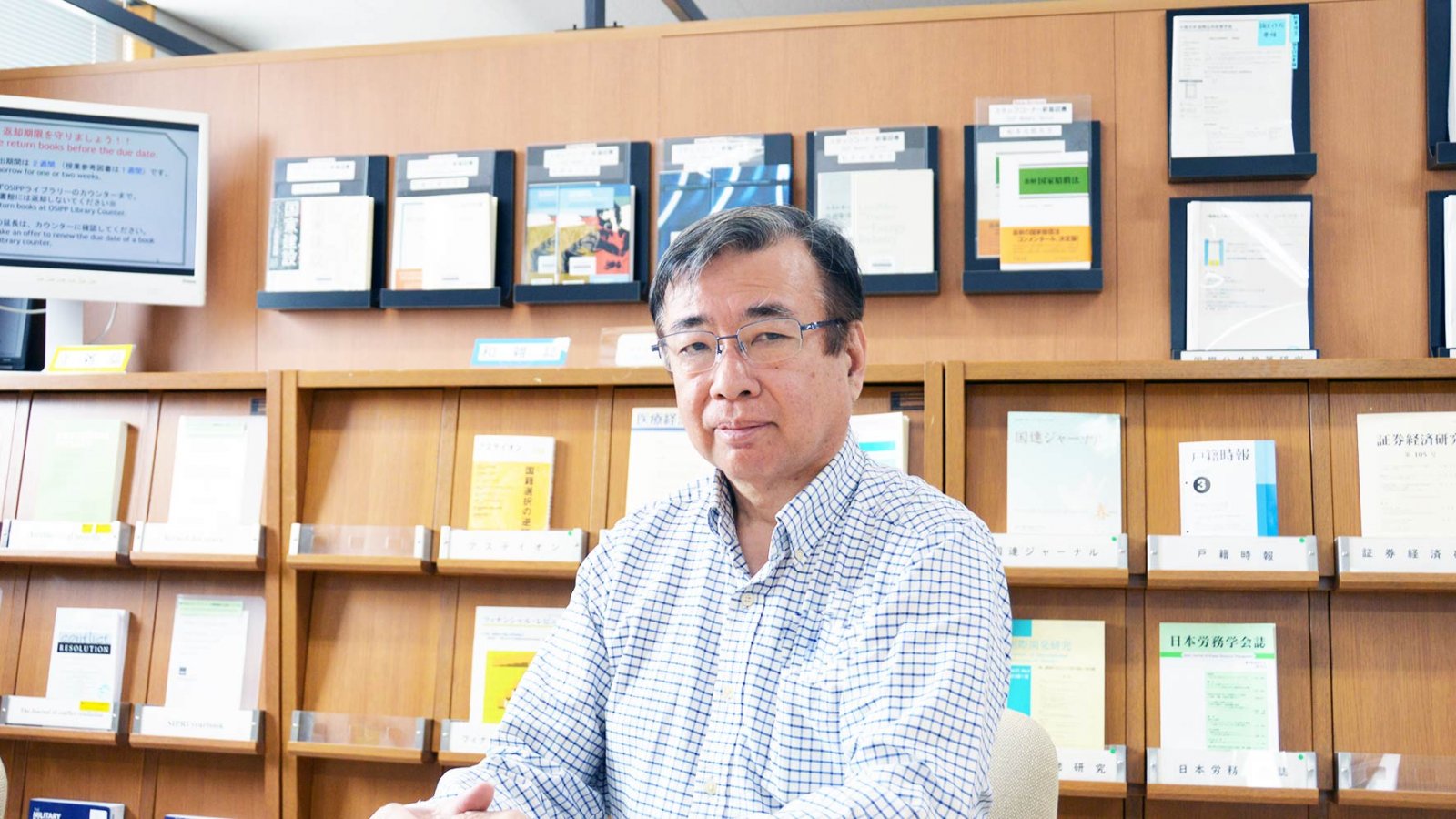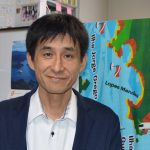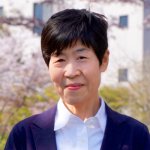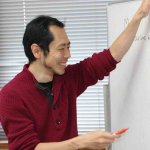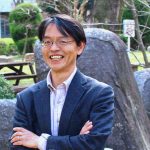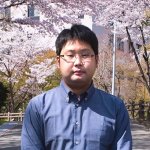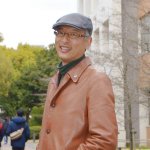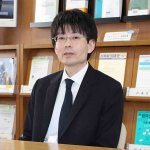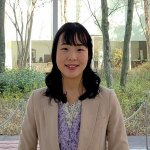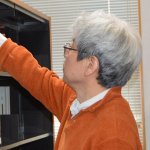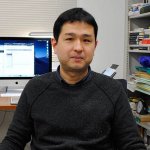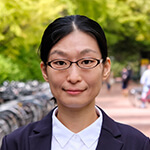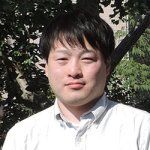Field of Research
Public Economics, Policy Evaluation, Empirical Studies on Education, Health, International Cooperation and Social Capital
Research Topic
Empirical Policy Analysis, NPOs and NGOs, International Cooperation, Environmental Issues, Gender, Taxation Systems, Inequality, etc.
Overview of Research
My research can be described using terms like civil society, social capital, and happiness.
In regard to civil society research, I have investigated the scale of economic activity in the non-profit and non-governmental organization sectors. These are sectors that use donations or volunteer work to provide public services that the government or commercial enterprises cannot. My research investigates whether these volunteer actions and donations are altruistic or egoistic in nature, and whether a tax system that gives tax incentives for donations increases the amount of donation. I have extensive experience and amassed many results in the field of civil society research, participating in many international projects as a representative of Japan and Asia.
My second field is research on social capital. Social capital is an invisible social infrastructure that acts as a kind of catalyst in the harmonious management of a community. It is built due to the trust people have in other individuals and organizations and out of habits of mutual cooperation and interpersonal relationships. Differences in social capital might explain several discrepancies, such as the differences between successful and failing businesses, areas with repeated crime and safe areas, as well as towns that are resistant to disasters and those that are more vulnerable to them. Many researchers strive to visualize the elusive concept of social capital and analyze its source and socioeconomic effects using a plethora of statistical data. Our laboratory also works in conjunction with international research networks.
My third field of study is research regarding happiness. According to the 2019 World Happiness Report, Japanese happiness from the years 2016 to 2018 ranked 58 out of 156 nations. Out of the 36 OECD countries, it ranked 32. Working together with the Cabinet Office’s Economic and Social Research Institute, our laboratory has analyzed measures of Japanese happiness and its determent factors and systemized the objective indicators that affect subjective happiness. Economic wealth as measured by a nation’s GDP does not always coincide with the subjective happiness of its people. This phenomenon is referred to as the Easterlin Paradox. There are many questions in regard to this: why are subjective levels of happiness among Japanese people not as high as they should be? What kind of people do not feel happy? Can—or should—happiness be increased through government intervention? Research on happiness is a comparatively new field; however, the research topics therein are infinite, making it a field of inexhaustible curiosity.
While our laboratory conducts research in the three fields mentioned above, one common feature is the integration of multiple disciplines. While I primarily conduct research from an economic perspective, I have participated in joint research with researchers and individuals engaged in psychology, sociology, political science, developmental studies, social epidemiology, business administration, and municipal engineering. I am always afforded an opportunity to discuss topics with individuals in these fields and am constantly stimulated. Another common feature is our policy orientation. These three fields are all important facets in discussions on Japanese society and the world. Empirical analyses must be used to measure and assess the effects of the various policies that are and continue to be implemented. I am very happy to have the opportunity to study such frontiers of scientific investigation alongside many outstanding researchers and young laboratory students.
YAMAUCHI, Naoto
Professor
Degree: Ph.D. in International Public Policy (Osaka University)
yamauchi@osipp.osaka-u.ac.jp


